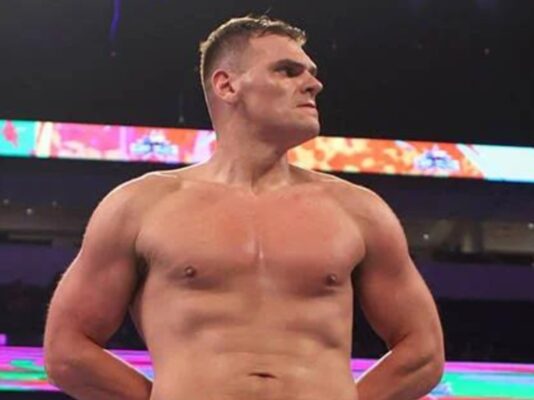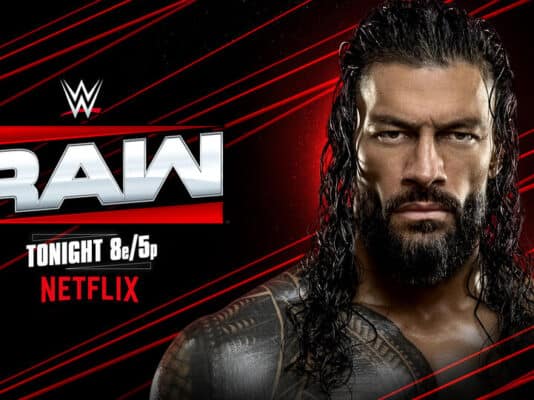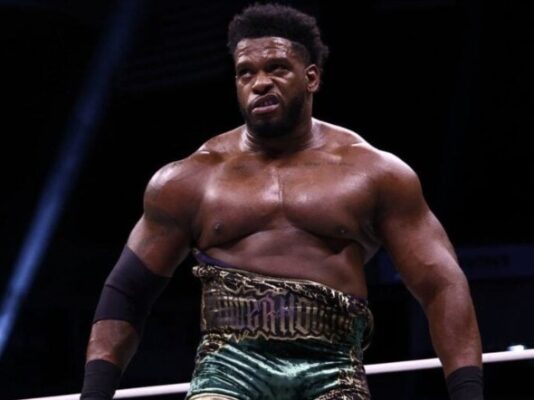
The glamour and glitz of the ring often overshadows the wrestlers’ inner battles in the high-stakes world of professional wrestling. Beneath the staged rivalry and impressive performances, there is a complicated network of emotional and physical issues that require attention.
Amidst the physical demands of wrestling, the pressure to provide one’s best can have a serious negative effect on a wrestler’s mental and general well-being. This article explores the difficulties wrestlers encounter, the mental health problems that are common in the sport, and the initiatives being taken to promote wrestlers’ health and well-being.
The Hidden Battles of Professional Wrestlers
The physical demands of professional wrestling are many. An intense travel schedule, brutal bumps, and dangerous techniques constantly drain a wrestler’s body. These injuries have the potential to end a career and cause persistent agony, which affects general well-being in addition to performance in the ring.
These physical injuries often result in mental health issues. Some of the issues that wrestlers battle with include:
- The Battle Between Persona and Authenticity: Professional wrestlers alternate between their real selves and their identities in the ring. As they attempt to live up to fan expectations while maintaining their individuality, balancing fictional personalities with real-life identities can be taxing on their mental health.
- Managing Performance Stress: There is a great deal of performance stress associated with the need to give outstanding performances in the ring. Wrestlers fear that their colorful costumes and captivating personas raise the audience’s expectations, a fear that could jeopardize their ability to make a living.
- The Inconsistency Between Solitude and Recognition: Professional wrestlers like the spotlight, but the reality of their line of work may be lonely. Despite their public persona, they have lonely lives due to frequent travel, being away from loved ones, and the short-term nature of fame.
- Isolation Amidst Constant Travel: Professional wrestlers have a rigorous travel schedule that forces them to live alone as they go from event to event all around the world. Their constant moving may interfere with their capacity to uphold committed interpersonal bonds, which may have an adverse effect on their mental health.
- The Transient Nature of Fame: Within the realm of professional wrestling, fame tends to be transitory. Wrestlers worry about the length and significance of their careers because they are constantly under pressure to stay in the spotlight. Maintaining their status adds an extra layer of stress to both their personal and professional
Industry Efforts to Promote Wellness
Upon realizing the crucial need for mental health support, the wrestling industry has started to take major actions to promote well-being among its performers:
- Mental Health Support Services: Mental health professionals are now available to wrestlers. Initiatives like the WWE’s Mental Health Performance Center and AEW’s partnership with a mental health resource provider demonstrate a growing commitment to wrestler well-being. These programs offer confidential counseling services and resources to help wrestlers navigate the mental challenges of their careers.
- Rehabilitation Plans: To heal from injuries and make a safe return to the ring, wrestlers need specially designed rehabilitation plans. Promotions and organizations are putting in place extensive rehabilitation programs to help wounded wrestlers recover physically. These programs include physical therapy sessions, individualized rehabilitation exercises, and access to top medical practitioners.
- Preventing Substance Misuse: The professional wrestling industry is addressing the issue of substance misuse, which can serve as a coping strategy for wrestlers experiencing psychological problems or physical discomfort. To stop misuse and help people who are battling with addiction, support services and educational initiatives are being put into place.
- Reducing Travel: To lessen the burden of ongoing travel, some promoters are looking for ways to cut down on the number of shows wrestlers attend each month. This promotes a better work-life balance by offering wrestlers a chance to unwind and recharge through engaging in other fun activities.
- Encouraging Open Communication: It’s critical to encourage an atmosphere of open communication between management and wrestlers. It should be acceptable for wrestlers to voice concerns or ask for changes to the schedule without fear of retaliation.
- Creating Peer Support Networks: Fostering a supportive culture in wrestling groups is quite impactful. Wrestlers benefit from peer support, where sharing experiences and coping strategies can help mitigate feelings of isolation. Additionally, the rise of social media has allowed wrestlers to connect with fans on a personal level, fostering a sense of community and support that extends beyond the ring.
A Look into The Future
While significant strides have been made in promoting wrestler wellness within the industry, there still remains room for improvement.
Ensuring the long-term well-being of wrestlers demands continuous financial support for mental health services, ensuring accessible support staff during travel, and cultivating an environment of open communication and mutual respect.
The wrestling industry must continue funding research and initiatives on mental health. This involves implementing effective crisis management protocols, educating the public about the potential lasting impacts of head injuries, and guaranteeing universal access to mental health resources for all wrestlers.
Although the professional wrestling industry provides unmatched entertainment, it also presents special difficulties for those who work in it. By acknowledging the challenges wrestlers face and supporting initiatives that promote their well-being, we can ensure a brighter future for this captivating form of entertainment.












